Tea Eggs
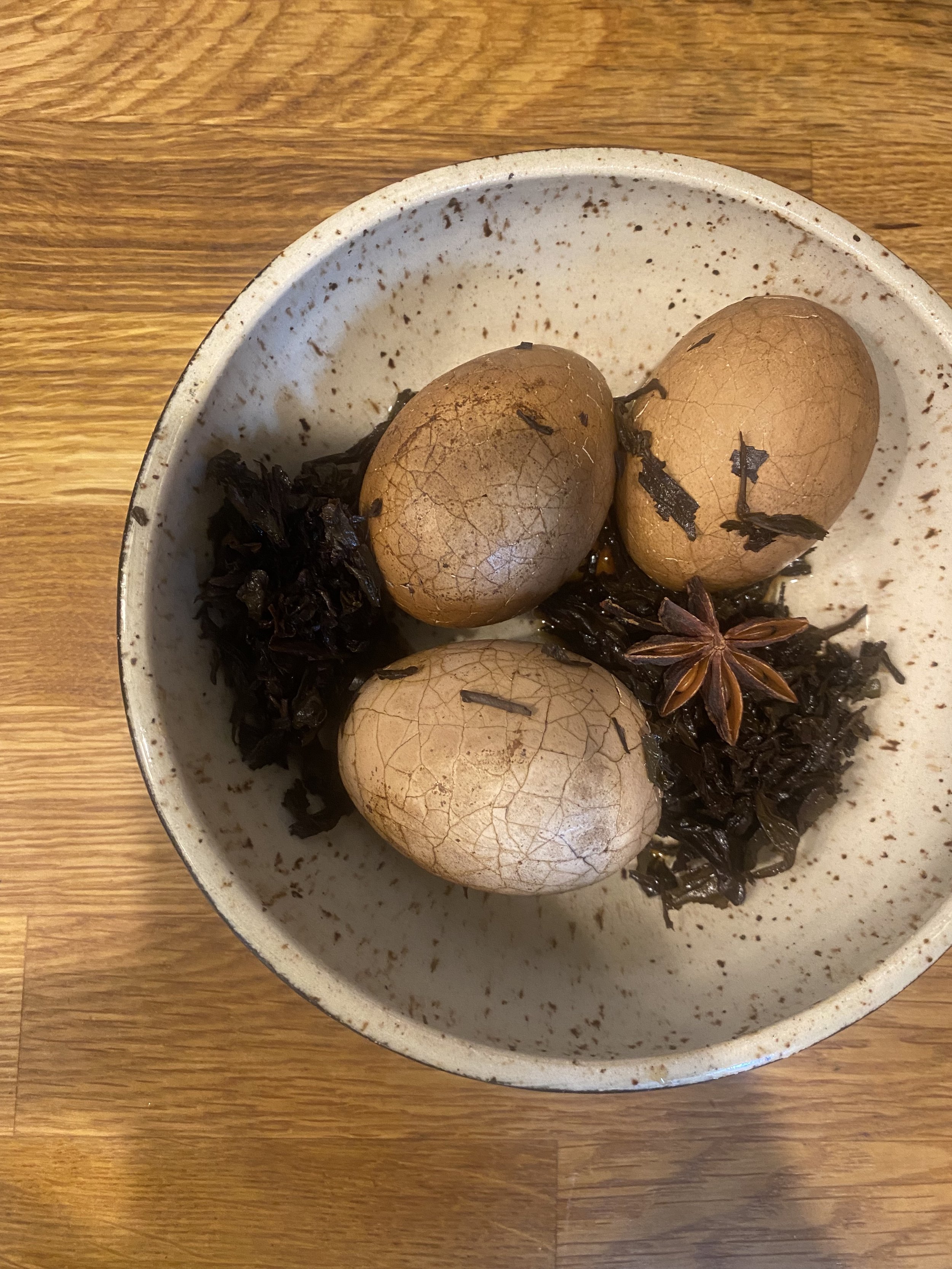
Tea eggs, a staple in many East Asian cuisines, are a delicious blend of savory flavors and aromatic spices. Made by simmering hard-boiled eggs in a mixture of black tea, soy sauce, and spices like star anise and cinnamon, they develop a unique marbled appearance and rich taste. Whether enjoyed as a snack or appetizer, tea eggs offer a simple yet satisfying culinary experience, highlighting the beauty of traditional recipes passed down through generations.
Eggs are one of my favorite protein sources. They are renowned for their impressive nutritional profile, offering a host of essential nutrients in a relatively small package. Rich in high-quality protein, eggs provide all nine essential amino acids necessary for muscle repair, growth, and overall body maintenance. Additionally, eggs are an excellent source of vitamins and minerals, including vitamin D, vitamin B12, vitamin A, and selenium, all of which play crucial roles in supporting various bodily functions, from immune health to vision and beyond.
Eggs are also a significant source of choline, a nutrient vital for brain health and development, as well as for maintaining the integrity of cell membranes. Choline also aids in the production of neurotransmitters, contributing to cognitive function and memory.
Contrary to previous concerns about cholesterol, recent research suggests that consuming eggs in moderation does not significantly impact blood cholesterol levels for most people. Eggs contain healthy fats, including omega-3 fatty acids, which can help reduce inflammation and support heart health.
Eggs are a nutritious and versatile food that can be enjoyed in countless ways, and from a TCM perspective chicken eggs are considered to have a neutral to slightly cooling thermal nature, making them suitable for consumption by individuals with various constitutions and imbalances. Eggs are believed to nourish the body's yin and blood, making them beneficial for promoting overall health and vitality. They are particularly valued for their ability to tonify the Kidneys and replenish Jing (essence), which is essential for reproductive health and longevity. They are also thought to strengthen the Spleen and Stomach, aiding in digestion and nutrient absorption. With the addition of digestive herbs, this recipe is a sure hit.
Tea eggs are not only beautiful and fun to make they are soaked in digestive herbs to make them more flavorful and easy to digest. With each batch lovingly prepared and savored, they serve as a reminder of the simple pleasures found in the culinary world—a testament to the enduring magic that happens when humble ingredients are transformed into something truly extraordinary.
In this recipe, the eggs are cooked twice, once to boil long enough to be able to crack the shell and next to infuse with herbs and tea to create the beautiful marbled flavor. I have shared this recipe for hard-boiled eggs, but it can also be made for soft-boiled eggs in which you would only boil the eggs for about 6 minutes to start and then let the eggs soak in the herbed tea mixture for up to 3 days.
To crack the eggs, use the back of a spoon!
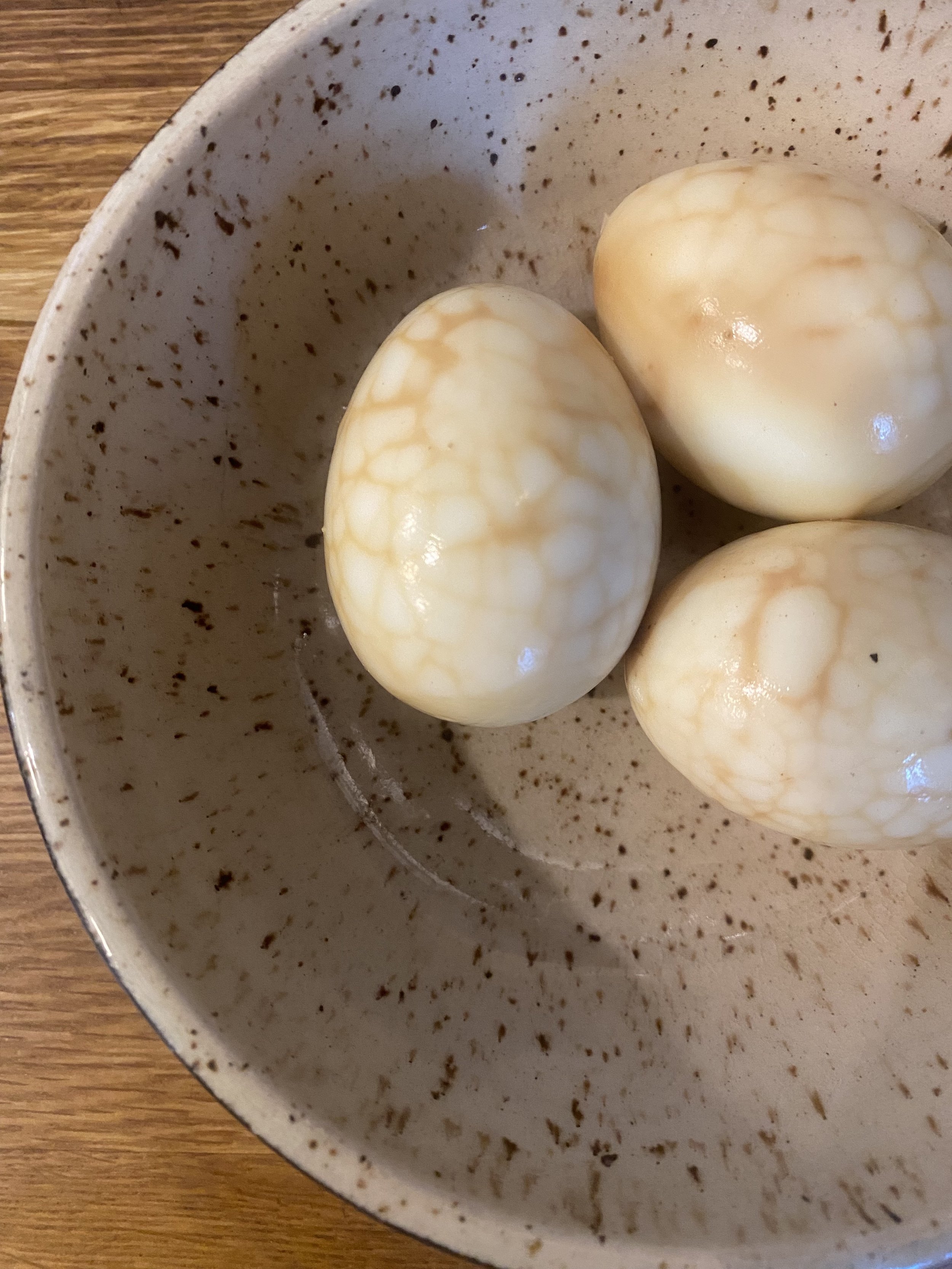
The Ingredients
Tea- Any black tea works, but I love using Assam tea for this recipe.
Eggs- Neutral thermal nature; tonify Kidneys and Essence; strengthen Spleen and Stomach; rich in protein and nutrients; balancing properties when paired with specific herbs/spices; versatile in various dishes.
Star Anise (Ba Jiao Hui Xiang)- Warm thermal nature; supports digestion and relieves abdominal discomfort; regulates Qi flow; promotes warmth and circulation in the body; used in TCM formulas for coughs, colds, and respiratory issues; contains aromatic compounds believed to open the lungs and ease breathing when used in therapeutic amounts.
Cloves (Ding Xiang)- Warm thermal nature; promotes digestion and alleviates digestive discomforts like bloating and gas; invigorates Qi circulation; has analgesic properties, often used in TCM formulas for toothaches and oral health; believed to warm the body and dispel coldness; contains aromatic compounds thought to have antimicrobial and antiparasitic effects.

Tea Eggs
Ingredients
Hard-boiled eggs
2 Tbsp. Loose leaf black tea
6 Tbsp. Soy sauce (you can sub gluten-free tamari)
1 Dried Star anise
1 tsp. salt
4 Cloves
Water
Optional Herbs- Rou Gui (cinnamon), Chen pi (dried tangerine peel), Xiao hui xiang (fennel seeds), Hua jiao (Sichuan pepper), or Ginger ( Sheng Jiang) Feel free to add some of your other favorites!
Procedure
Place a medium sauce pot on the stove with enough water to cover the eggs, and bring the water to a boil. Gently add the eggs and boil for 6-8 minutes.
Turn off the stove, empty the hot water, and rinse the eggs under cool water. Let them sit in the cool water or wait until they are at room temperature to continue.
Gently crack eggs with the back of a spoon, to the point that the shell is cracked but not breaking off the egg.
While the eggs are cooling prepare the herbed tea mixture- Place the tea, and enough water to cover the eggs, soy sauce, and herbs back into the sauce pot, bring to a gentle boil, and then turn down to a simmer.
Gently add the cracked eggs to the mixture, cover and lightly simmer for 30 minutes to 1 hour. Strain again, gently peel, and serve.
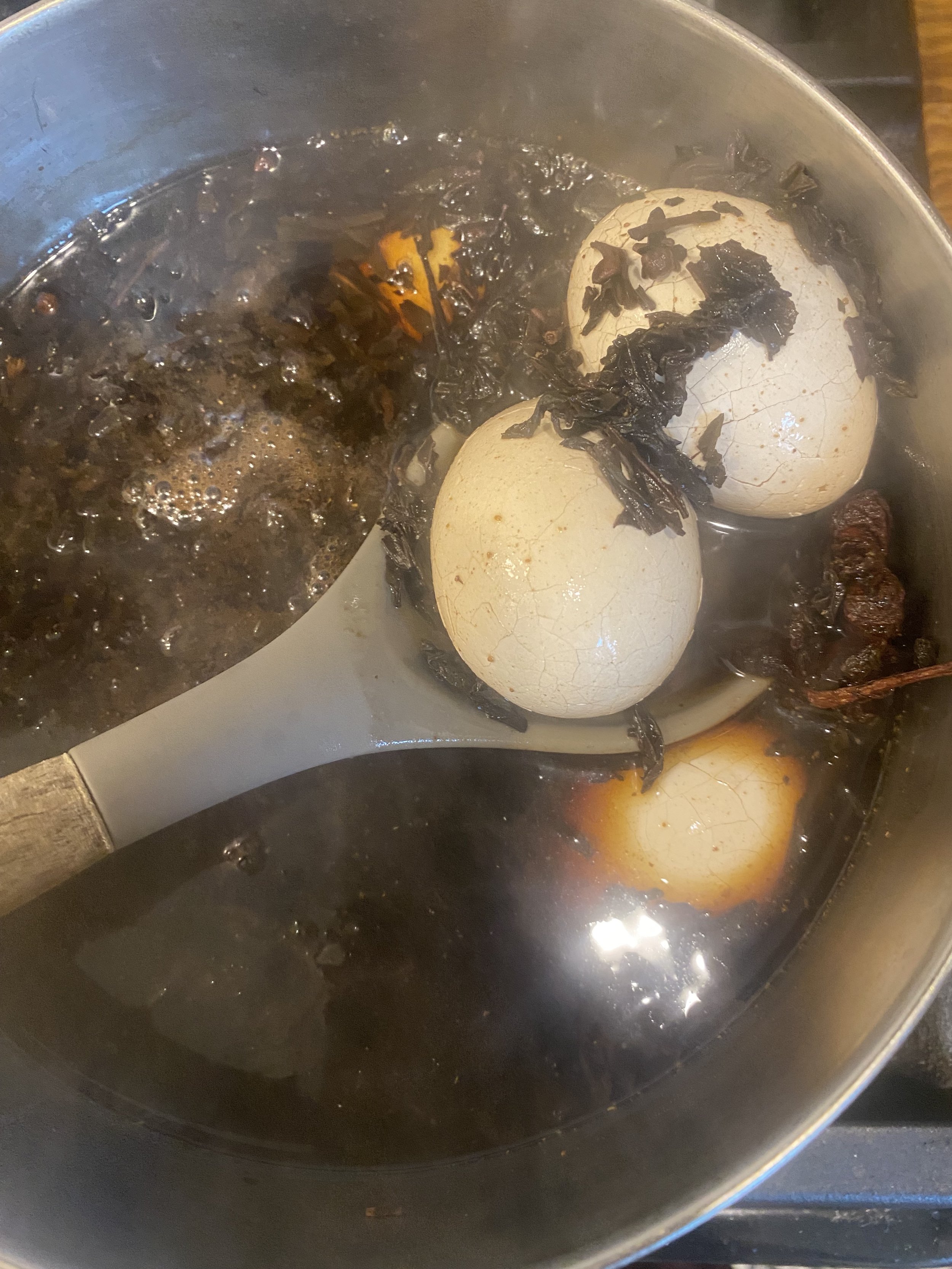
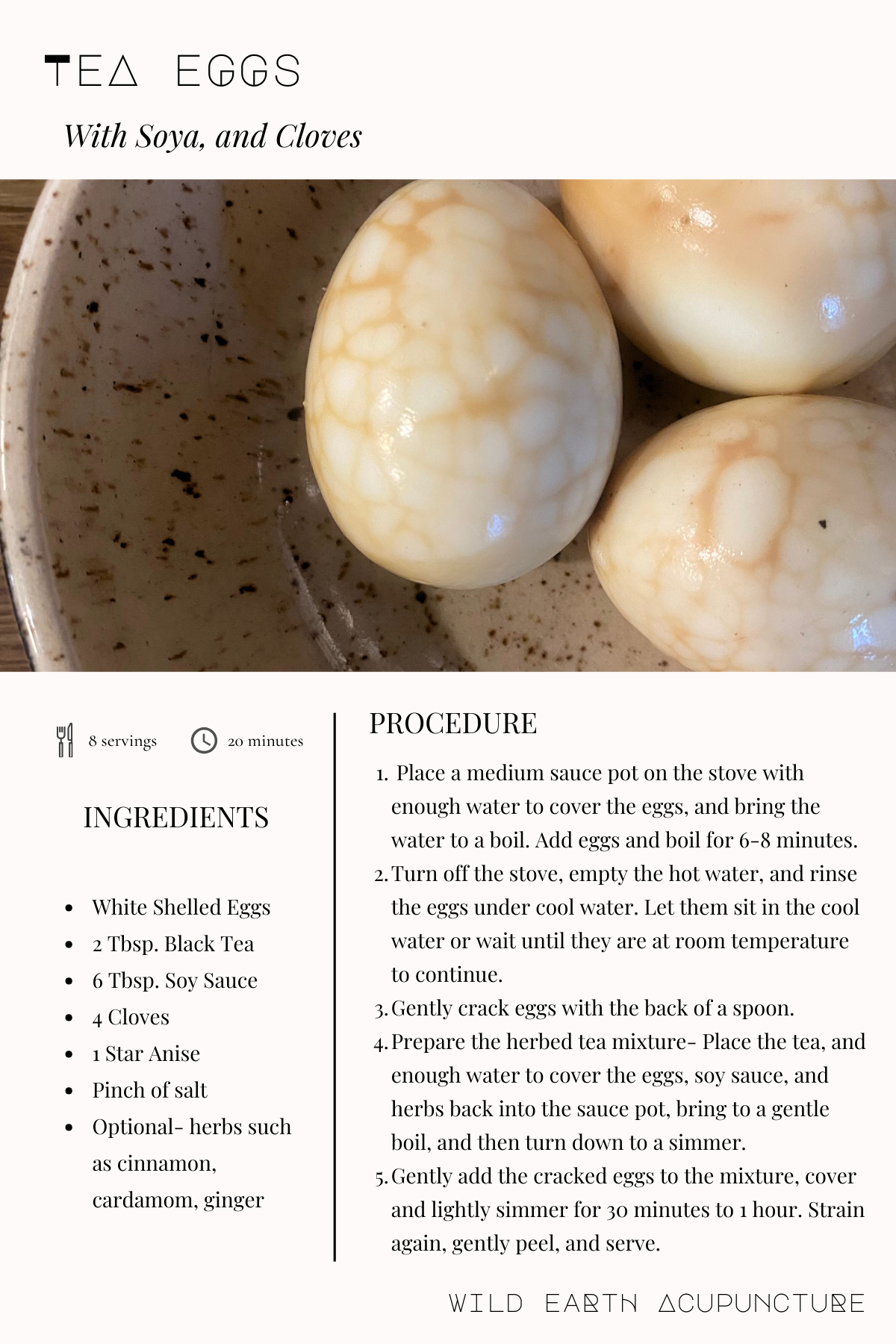
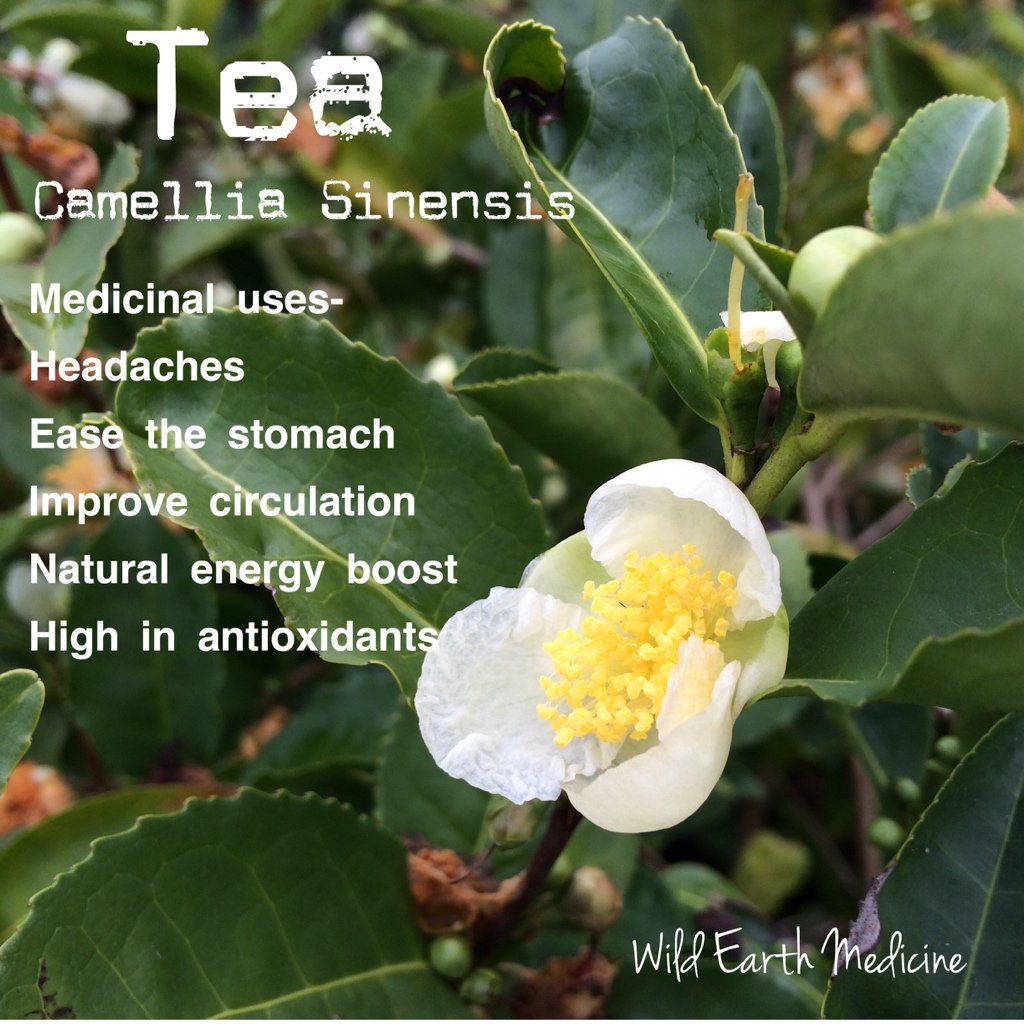
Still hungry?
Fireside tonic has been used in natural medicine to help ward off colds and boost digestion. This article offers an east to follow recipe.
Quick pickles are some of my fav dishes- Heres an easy recipe for pickled Daikon Radish!
This simple tea recipe talks about the benefits of goji, da zao, and longan tea, with an easy delicious recipe for vitality and beauty!
This recipe is for turmeric paste, an amazing way to prepare turmeric to make easy and potent lattes, curries, herbal remedies.
This Refreshing Cucumber Salad with rice wine vinegar offers a perfect balance of tangy, sweet, and savory flavors, with a hint of sesame and garlic for a light yet flavorful side dish.
This recipe is for a quick pickled onion, which makes a delicious and healthy addition to many dishes.
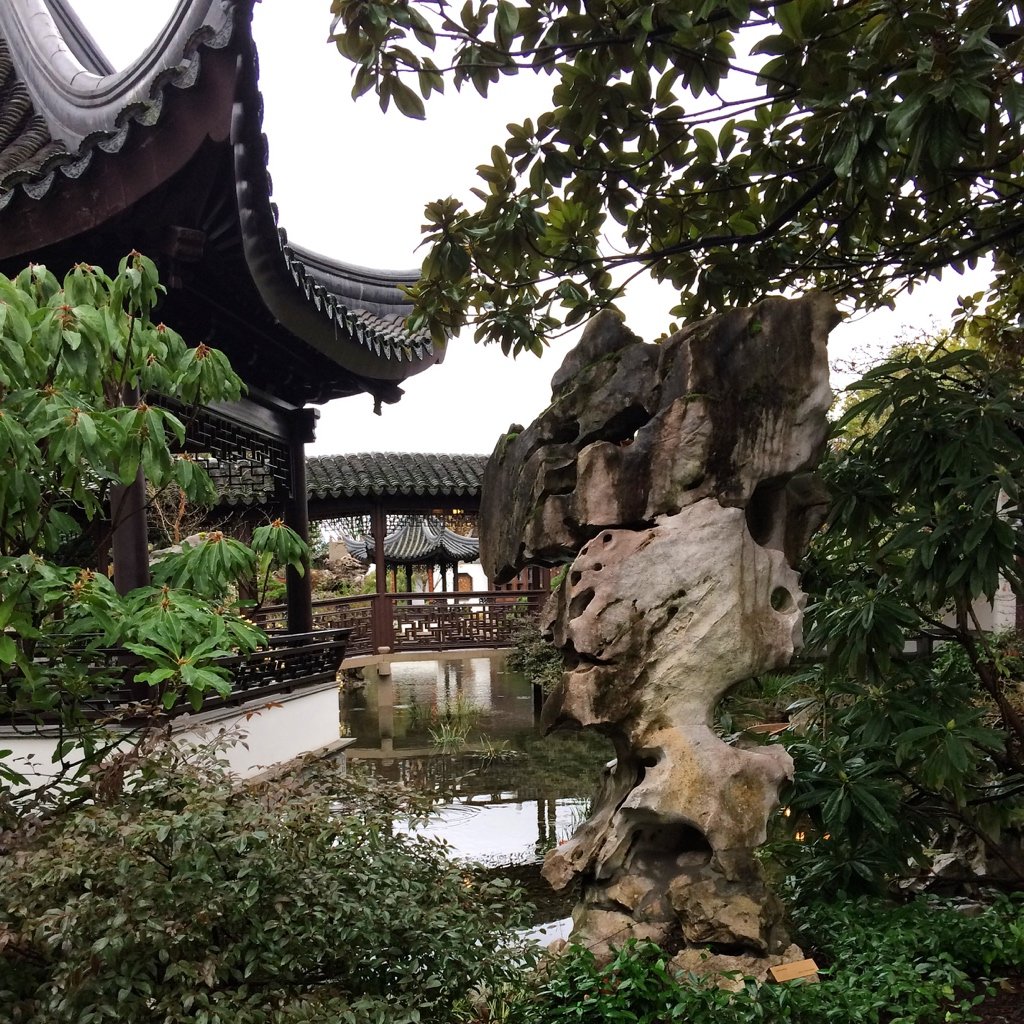
WANT TO LEARN MORE?
Learn about Kidney Yang Deficiency in Traditional Chinese Medicine, including signs, symptoms, food choices, and lifestyle tips to restore balance and vitality. Discover a warming recipe to support Kidney Yang health.
Discover how acupuncture can calm your mind, balance your body, and support lasting relief from anxiety. Learn what to expect in a session, how it works, and why more people are turning to this natural solution for modern-day stress.
This article explains the Liver Organ System in Chinese Medicine.. and goes into detail about its functions and importance upon governing the smooth flow of Qi, and hence overall well-being.
This article explains the importance of the fascial network and ways to access it for better health.
Intro to Red Light Therapy (RLT) and its benefits when used in conjunction with acupuncture.
This article explores the mind-body connection in Chinese Medicine, a concept known as the Shen. It helps explains the 5 aspects of the Shen and their links to Organ Systems and meridians.
Traveling the world with children is such a rewarding experience, albeit sometimes stressful. Being prepared with natural remedies and a proper first aid kit is essential!
In this article, we dive into the essence of the San Jiao and its significance as three distinct divisions, and one complete system, of the body.
This article explores what Chinese Medicine teaches us about aging gracefully, and the important role of food, herbs, and exercise in maintaining vitality and well-being as we age.
Spleen Qi Deficiency is a very common imbalance in Chinese Medicine. This article explains what that means, and what to do about it. It offers lifestyle suggestions as well as food choices, while giving an extensive overview of the theory attached from TCM.
The Elimination diet is the “gold standard” when it comes to figuring out food sensitivities. This 3-5 week protocol can help you make individualized health choices to optimize your digestive function.
Looking for ways to incorporate herbs into your daily life? This article gives some of the most common, and delicious, food grade herbs to help improve your health and your cooking!
Discover how Traditional Chinese Medicine uses tongue diagnosis to reveal imbalances in Qi, Blood, and Organ health.
Cupping therapy is an amazing and feel-good modality that can help a wide variety of aliments. Read on to learn more.
The Large Intestine is an important Organ System of the Metal element in TCM. Read on to learn more about its significance and role in keeping you healthy and balanced.
This delicious snack is vegan, paleo, gluten-free, and AMAZING! It is very versatile and full of protein to keep you energized and feeling good! Check out this article for an easy recipe.
Explore ways to make your bath more ritualistic and healing through herbs, salts, and scents.
In this article, we will explore how natural medicine techniques, herbs, and Chinese medicine can be incredibly useful for children's health.
NORA tea, a popular herbal blend of Nettles, Oatstraw, Red Raspberry Leaf, and Alfalfa, offers unique benefits, making this tea an ideal choice for late-term pregnancy and postpartum recovery.
This article explores the nutritional principles of TCM and how they can be applied to support fertility naturally.
Facial cupping is a gentle, non-invasive technique that uses suction to improve circulation, boost collagen production, reduce puffiness, and promote a glowing complexion without leaving noticeable marks.
Seed Cycling is an easy and effective way help regulate your hormones and support a healthy menstrual cycle through diet and nutrition. Using the natural wisdom and innate properties of specific seeds and nutritional oils, we find more balance with in the menstrual cycle and hormones. This article is a guide to get started with helpful tips as well as a brief Chinese medicine outlook too!






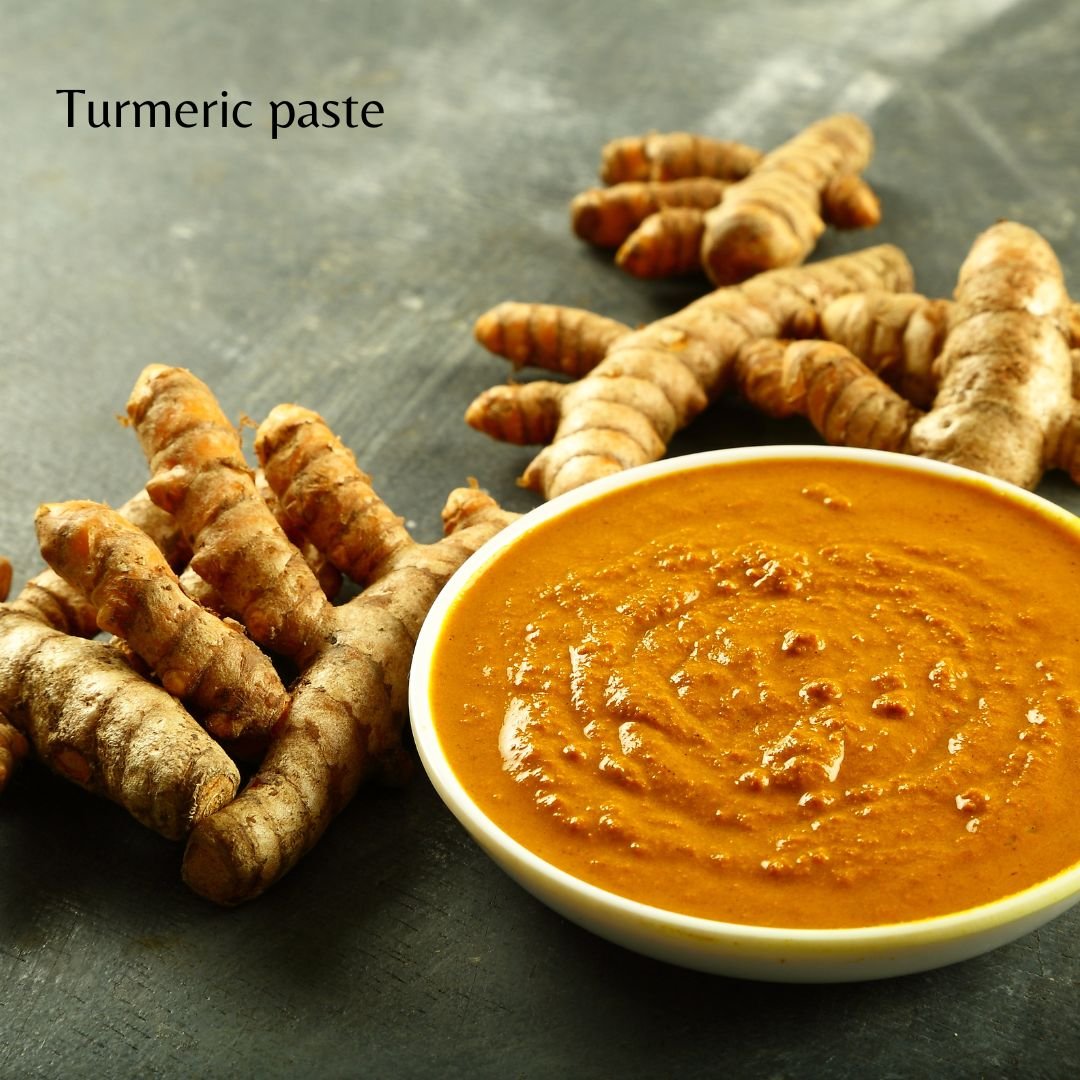





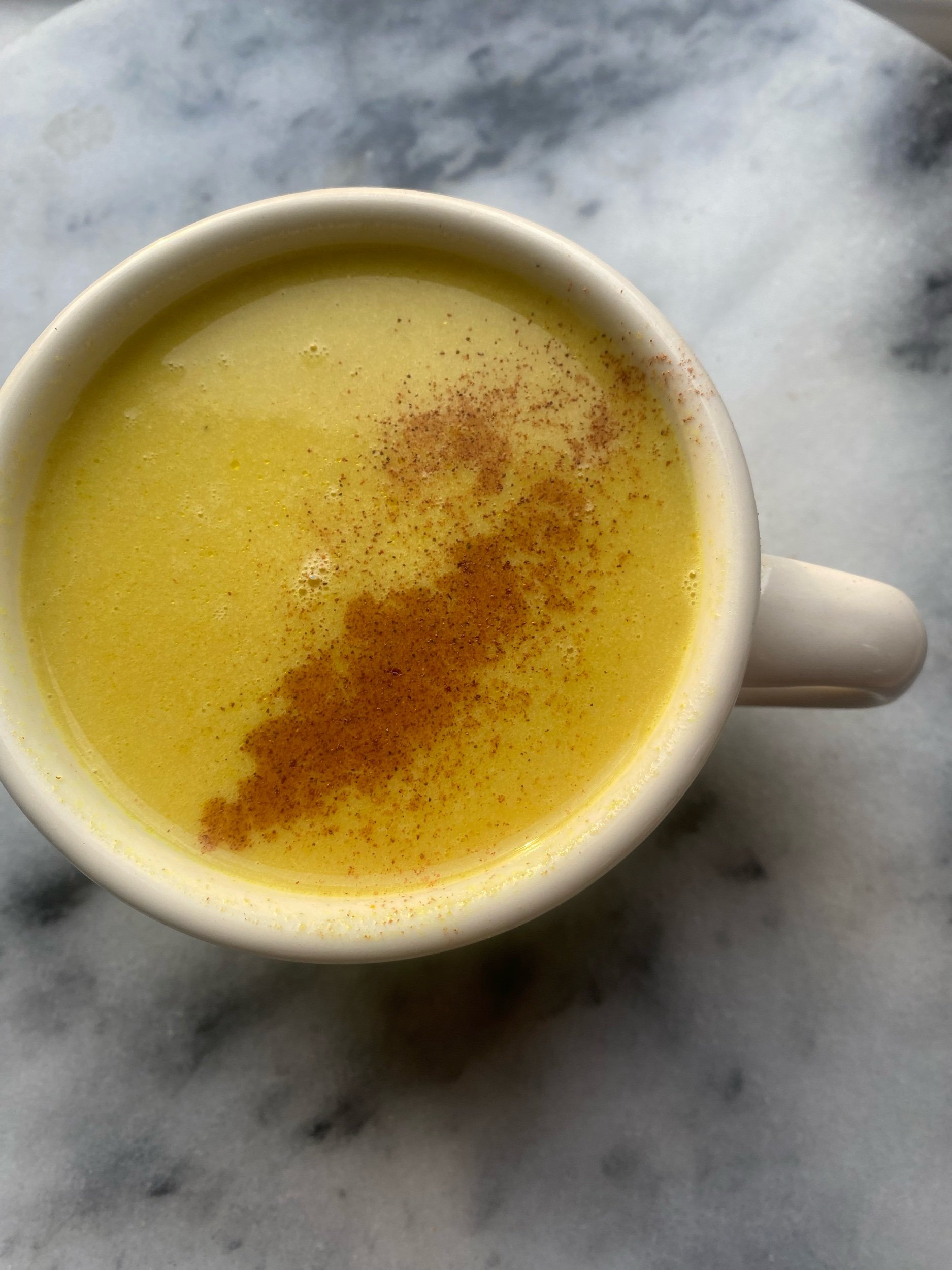

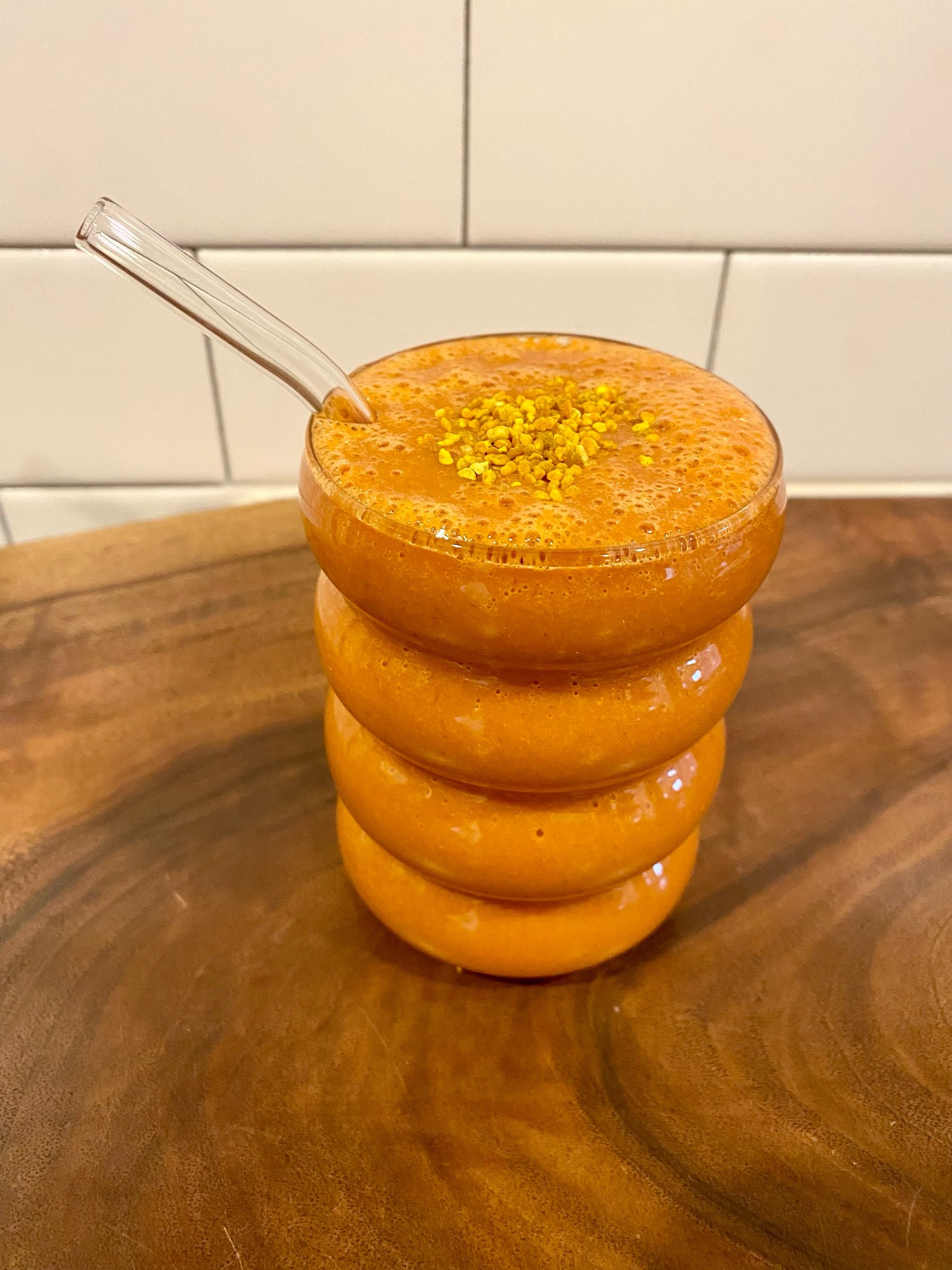




















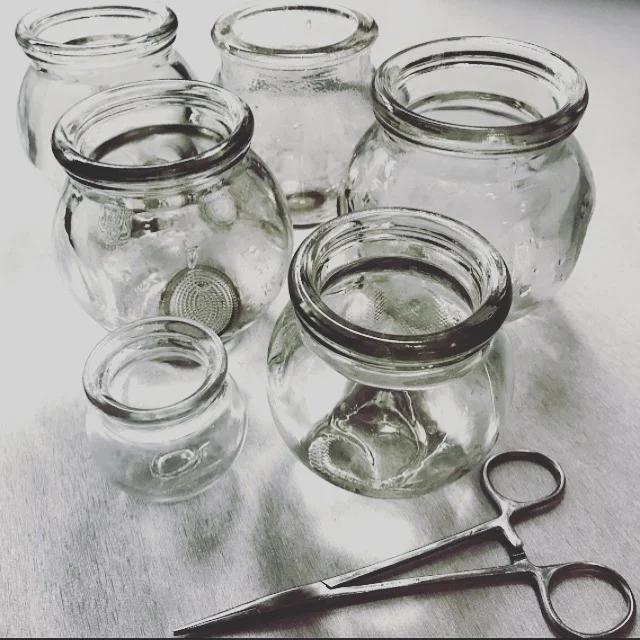

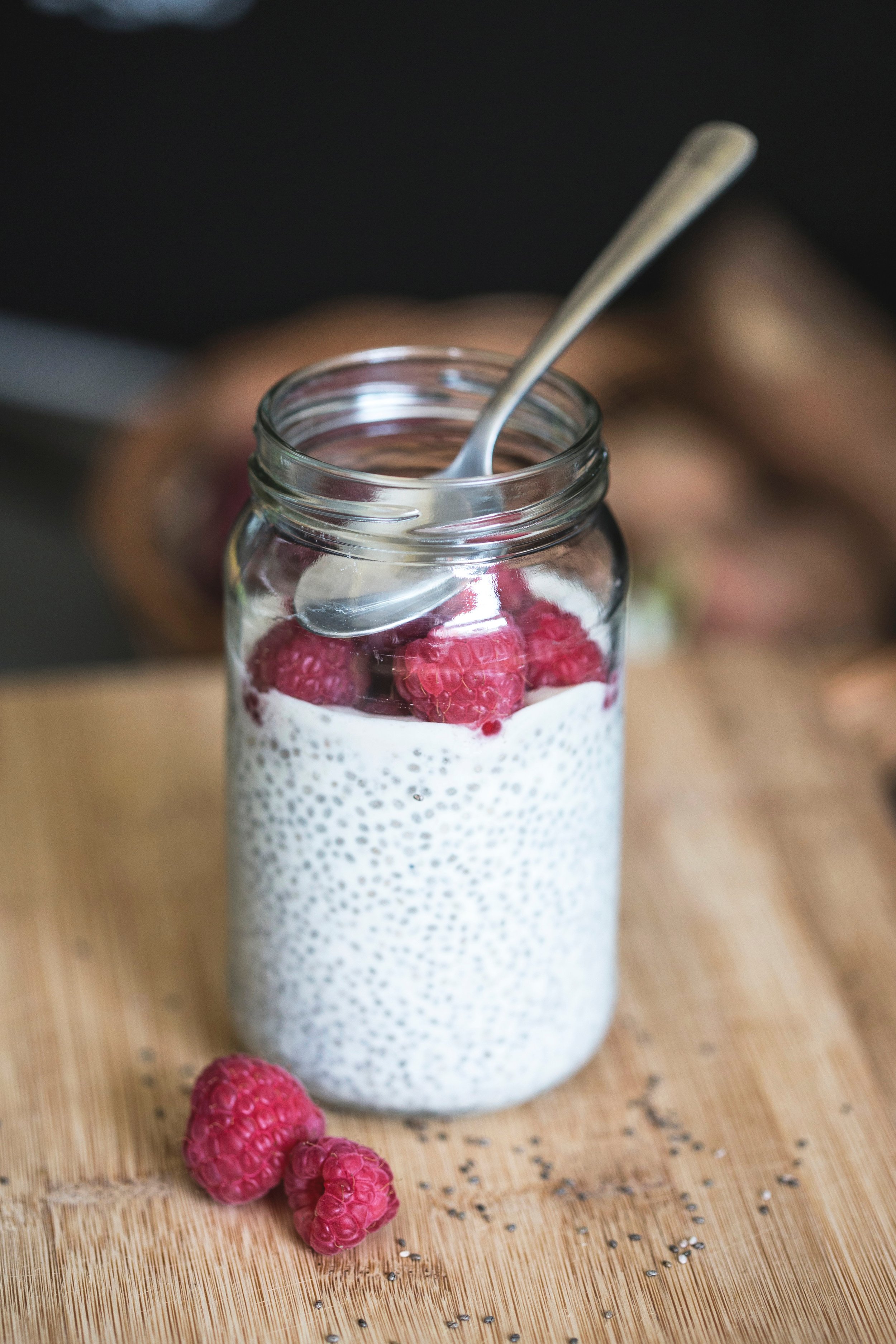





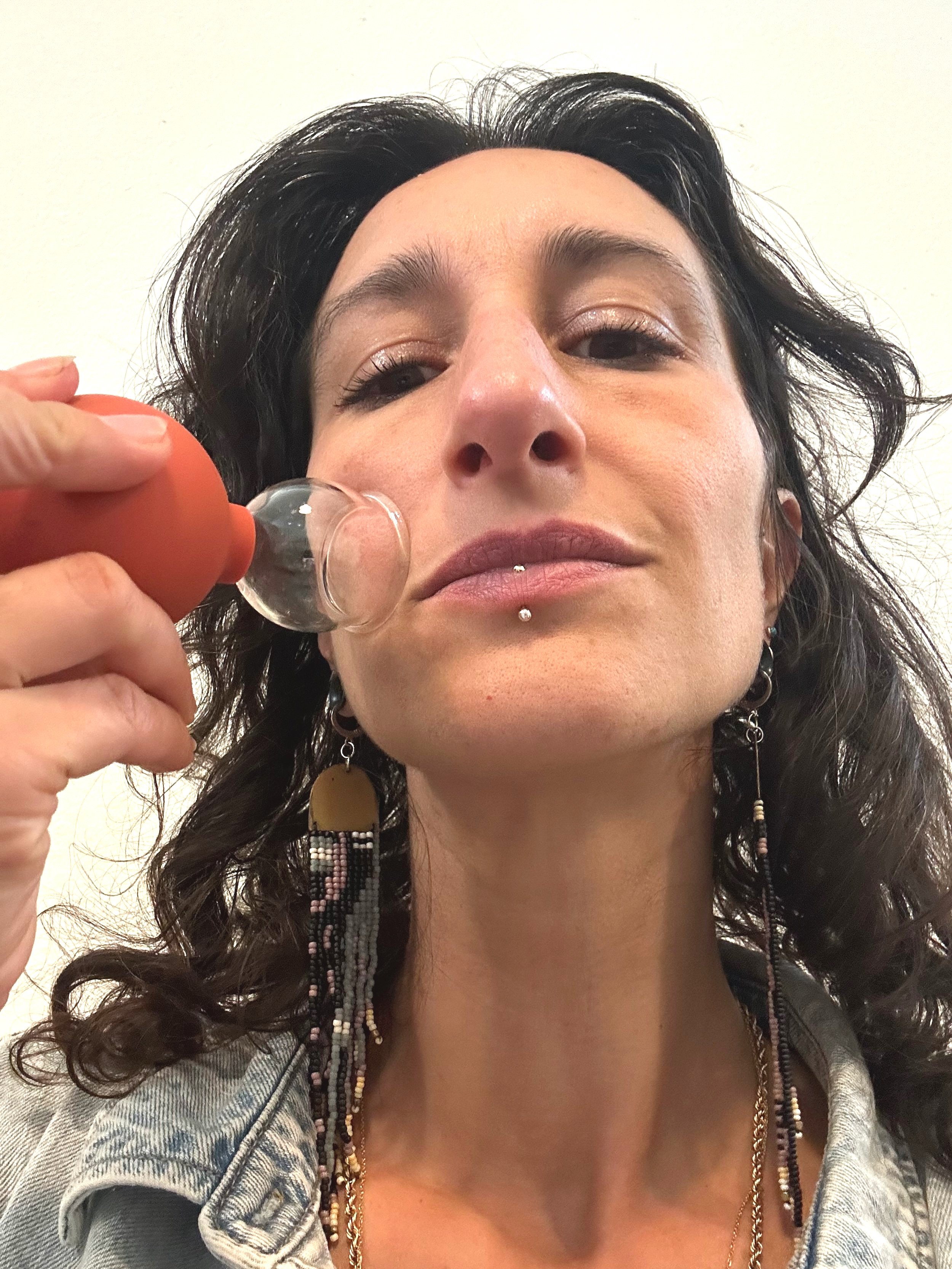

This simple receipe for nourishing chicken can easily become a staple in your household!